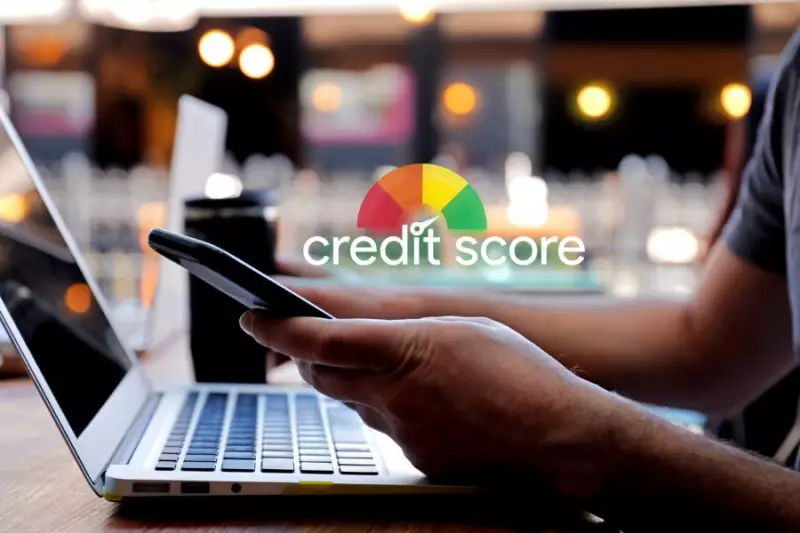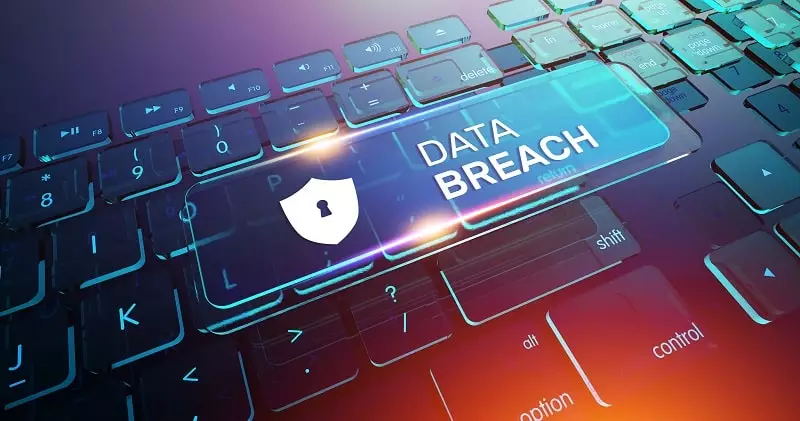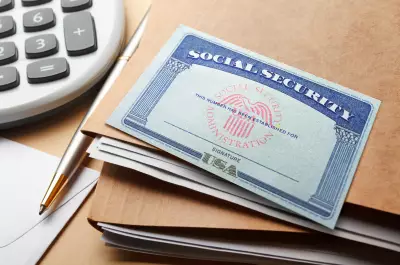7 Most Common Types of Identity Theft That Can Happen to You
Table of Contents
- By David Lukic
- Published: Oct 05, 2020
- Last Updated: Mar 18, 2022
Identity theft is a major concern for many Americans these days with data breaches, ransomware attacks, and other invasive crimes on the news daily. Other people aren’t even aware identity theft exists or what it is. Because of our increasing reliance on technology and a world connected by information, you need to know the dangers and how to protect yourself.
What is Identity Theft?

Identity theft is when someone acquires and then uses your personal information for financial gain. Access to your name, address, phone number, email address, bank account information, social security number or other details can start the ball rolling, and from there, disaster can occur.
Sometimes thieves steal your identity to open up lines of credit, bank accounts, obtain loans, or make purchases that you are now responsible for. Others use it to commit crimes to mask their own identity. And, recovering from it could be impossible, it could ruin your reputation and future
The ramifications of identity theft are widespread. Not only can it ruin your good name, but it can also damage your credit rating, pose problems with getting financing in the future, create a mess that you have to clean up, drain you of all your financial assets, and even get you in trouble with the law. Avoiding identity theft is easier than fixing it after the fact.
Different Types of Identity Theft
Now that we understand what identity theft is, let’s explore how does identity theft happen. Identity theft happens in many different ways. Some of the more common ways these criminals swipe your information are:
1 - Data Breach

Data breaches have occurred across the board in terms of different types of companies from retail outlets, medical companies, insurance, and even social media websites. In each of these data breaches, millions of people’s personal information was compromised, and much of it landed on the dark web for any number of nefarious criminals to grab it.
2 - Going Through Your Trash or Mail

Another way that thieves like to steal your identity is through your mail or trash.They go through your mail looking for things like bank statements, credit card statements, insurance claims, and other things that might have your ID or other personal details on them.
3 - Phishing Emails

Phishing emails are a big problem in this country, and even though the FTC has warned consumers, they are still duped into handing over their data. Phishing is when you receive an email alerting you of a problem with your account, and you must take action quickly. Or, sometimes, the email will say you have won a prize, and to collect it, you only have to click a link. Those links either take you to fake websites where you enter your information, and it is stolen right there on the page, or your computer is infected with malware, and the thieves take whatever they want that way.
4 - Unsecured Wi-Fi Connections
Connecting your laptop or mobile device to free Wi-Fi at the coffee shop or library is dangerous. An unsecured network poses a great opportunity for a hacker to infiltrate and then install software on your device or monitor your online activities; stealing usernames, passwords, and more!
5 - Stolen or Lost Wallet
Obviously, if you lose your wallet or purse, there will be ramifications. Additionally, if your wallet is stolen, you know your valuable identity is now in the hands of a crook.
6 - Credit Card Skimming
Sophisticated criminals use tiny devices or software (malware) to skim your credit card number, expiration date, PIN, and other information when you use payment terminals at the gas station or ATMs. The Target data breach is a good example where millions of customers’ data was stolen through card skimmer software.
7 - Spam Calls

If you receive a call from someone saying there is a problem or you have won a prize, it is most likely a scammer. What they really want is to keep you on the phone, so you give out your credit card number or verify your social security number so they can then wage an identity theft war on you.
These are just a few of the top ways that the bad guys get their hands on your information. Thankfully, however, there are things you can do to protect yourself.
How Does Identity Theft Happen: Protect Yourself Against it

Protecting yourself against identity theft requires a system and a plan of attack on many fronts. You will want to get a copy of your credit report to look for any errors or unexpected accounts. You are entitled to one free copy each year with each of the three credit reporting agencies. Once you have a baseline there, take the precautions below to suture up the rest of your life.
Never give out your personal information to anyone who requests it unless you initiated the transaction.
Do not fall for spam calls or phishing emails.
Never click on links in an email. Instead, go to a new browser window and visit the website there. Don’t download attachments in email, either.
Shred all personal documents before throwing them in the trash.
If you plan on traveling, stop mail service to your home until you return.
Keep your social security card in a safe, locked space and do not carry it in your wallet.
Only enter personal information online on secure websites that you trust.
Do not store any credit card PINs with the card. Thieves can only use it if they have all the information.
Consider locking or freezing your credit reports.
If you have been a victim of identity theft or fraud, put a fraud alert on your credit report.
Use a company like IDStrong.com and sign up for credit monitoring to let the professionals keep an eye on things for you.
Regularly review your credit card and bank statements for any unauthorized charges.
Before using an ATM or gas pump, examine it for tampering or loose parts. It may have a skimmer installed.
Always keep your computer and devices updated with the latest security patches and antivirus software.
Change your passwords often.
How To Report Identity Theft
If you do fall victim to identity theft, despite your best efforts, take the steps below quickly to minimize the damage.
Contact the three credit agencies and report the fraud.
Equifax Equifax.com
Experian Experian.com
TransUnion TransUnion.com
Contact the FTC and report the incident: online , or by phone (1-877-ID THEFT).
If thieves stole your mail, contact the USPS Inspection Service using this form.
If your social security number was compromised, contact the Social Security Administration at 800-269-0271.
Call your banks and credit card companies to report the theft and get new numbers.
Change all your passwords on your login accounts.
















